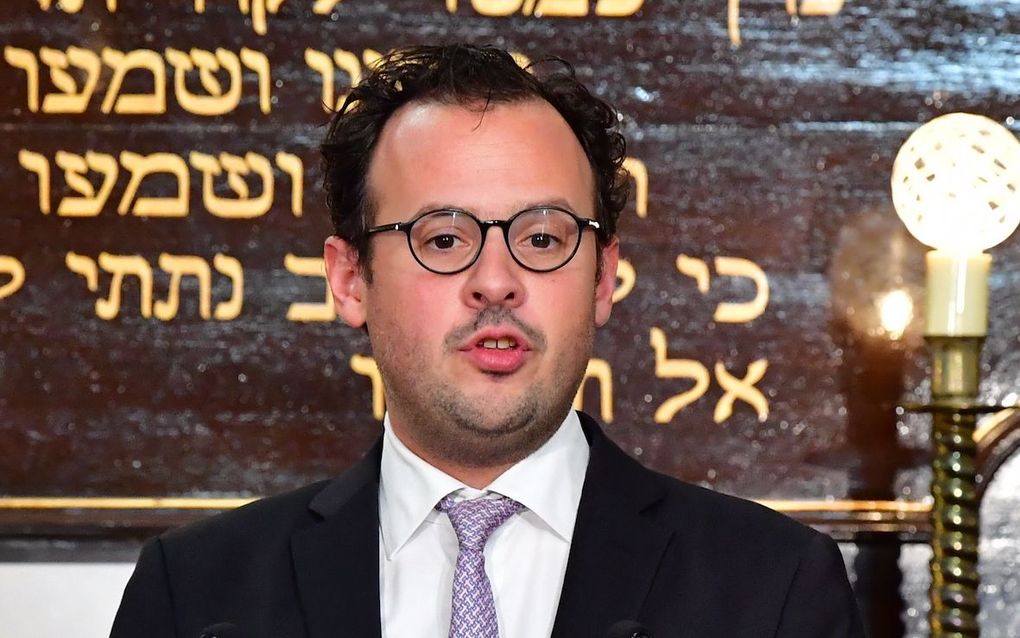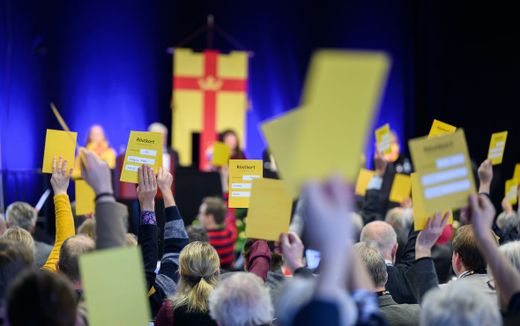Jewish Council in Sweden very critical of church

Aron Verständig, chairman of the Jewish Central Council in Sweden. Photo AFP, Jonas Ekstromer
Northern Europe
Many Swedish Christians sent flowers to the Jewish Council to show that they disagreed with the Church of Sweden’s expression that the state of Israel had an apartheid policy.
That says the president of the Jewish Central Council, Aron Verständig, in an interview with the Christian newspaper Dagen.
The relationship between the national Church of Sweden and the Jewish community came under pressure after the church’s General Assembly asked for research after Israel’s apartheid policy. The church’s parliament decided about that resolution in late November. After that, a storm of reactions came over the assembly. All the bishops distanced themselves from the assembly’s call. Also, within political parties was debate. It was clear that the church hit a nerve with this.
Apartheid was a policy of racial segregation in South Africa from 1948 until 1990. The idea was to legislate for separate facilities for black, white and coloured people. It became clear that there was no equality in the facilities in practice. Speaking about apartheid in Israel means that Jews have a higher position than Palestinians. This is an extremely sensitive thing.
Decision still stands
After a few weeks, “nothing major has changed”, says Mr Verständig. “It is still the case that we have a decision from the church’s highest decision-making body that is very problematic.” The gesture by the bishops was “appreciated” but did not mean very much since they had not taken the decision and could not annul it either.
According to Aron Verständig, the assembly’s decision still stands. “The Church of Sweden is free to pursue an activist and anti-Israel stance, but then they can also count on severely deterioration relations with Jews, both in Sweden and internationally.”
Verständig is not impressed by the clarification afterwards from the proposers that they only had asked for an investigation. They had not said that Israel was, in fact, guilty of apartheid. “That sounds to my ears like an afterthought”, the president says. He thinks there was a clear anti-Israel agenda. “It is the one-sidedness and the designation of Israel that makes this so difficult for us. Nor can we understand why the Church of Sweden would want such a perspective.”




